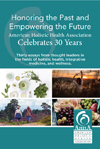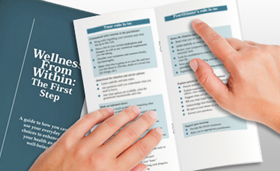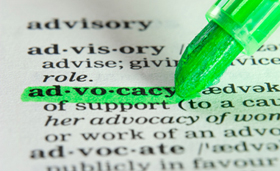Search Results
Face mask issues – Issue
![]() Are you confused by the contradictory information on face masks? The following was compiled to support you with sources related to several of the key concerns you might be having.
Are you confused by the contradictory information on face masks? The following was compiled to support you with sources related to several of the key concerns you might be having.
As wearing a mask is mandatory in a great many communities, we have gathered what are listed as important safety recommendations for wearing a mask:
• A medical mask is to be disposed of after one use, never reused.
• A cloth mask is to be washed after each use.
• Wash your hands before and after handling a mask.
• Position your mask to securely cover your nose and mouth.
• Never touch your mask while wearing it.
• After prolonged mask use or when your mask becomes damp or dirty, wash your face and change to a clean mask.
• Handle a used mask as though it were contagious.
There are two premises for wearing a face mask: (1) To protect you by preventing your nose and mouth from contact with droplets, splashes and sprays from others as they talk, cough, or sneeze. (2) To protect people around you by reducing their exposure to your saliva and respiratory secretion droplets released when you talk, cough, or sneeze.
Issue: What might your issues be around face masks?
Capacity of a mask to filter out the COVID-19 virus
Consider the size of the pores of the masks you are using.
The size of the COVID-19 virus is about 0.125 microns.
A larger size can be factored in if the virus “sticks” to respiratory droplets that can be 5 to 10 microns.
Be aware that the pores of cloth masks get larger with repeated washings.
Impact on air you are re-breathing
Mask must fit snugly to be effective.
Mask material needs to allow air to flow in and out.
If you should react negatively to increased carbon dioxide and decreased oxygen, don’t ignore this warning.
Breathing loose particulates into your lungs
When you receive a package of face masks, check for possible loose fiber particles in the masks and/or debris from mask manufacturing or packaging.
Be careful about these particles so that what you breathe in will not result in minute foreign objects in your lungs.
Is wearing masks enough?
The Centers for Disease Control (CDC) posted a scientific study showing over 70% of the participants testing positive for COVID-19 reported they had regularly worn masks. It further stated that “direction, ventilation, and intensity of airflow might affect virus transmission, even if social distancing measures and mask use are implemented according to current guidance.” [see more study data in article “CDC Study Finds…” below] Might this be a CDC message to consider all possible preventive options?
For highest degree of safety some people incorporate both extremes in their attitude–wearing their mask properly (for protection), but acting as if it doesn’t work (just in case it doesn’t work as well as desired).
Always check with your physician regarding any health concerns.
AHHA strives to maintain a neutral position on issues and viewsknowledge as power. For those interested in this month’s issue the articles cited below were selected to offer you some resources to begin your research to better understand the variety of issues related to wearing a face mask.
Articles viewing masks positively
Do Masks Work? (5/13/20)
by Steven Novella
Science-Based Medicine
COVID-19: Mayo Clinic expert answers questions about masks after CDC updates its recommendation (4/6/20)
by DeeDee Stiepan
Mayo Clinic
Face masks have negligible negative effect on CO2 and O2 levels (10/7/20)
by Timothy Huzar
MedicalNewsToday
Considerations for Wearing Masks (11/4/20)
Centers for Disease Control and Prevention
Articles viewing masks negatively
CDC Study Finds Overwhelming Majority Of People Getting Coronavirus Wore Masks (10/12/20)
by Jordan Davidson
The Federalist
Masks, false safety and real dangers, Part 2: Microbial challenges from masks (November 2020)
by Boris Borovoy, Colleen Huber, Maria Crisler
Primary Doctor Medical Journal
Masks cause oxygen depravation and permanent neurological damage, especially in the developing brains of children (10/5/20)
Justice4Poland.com
Need for assessing the inhalation of micro(nano) plastic debris shed from masks, respirators, and home-made face coverings during the COVID-19 pandemic (10/6/20)
by Jie Han and Shanshan He
Elsevier Public Health Emergency Collection
As always, you are encouraged to post your comments.
To review past ISSUES, visit the Special Updates Archives.




















